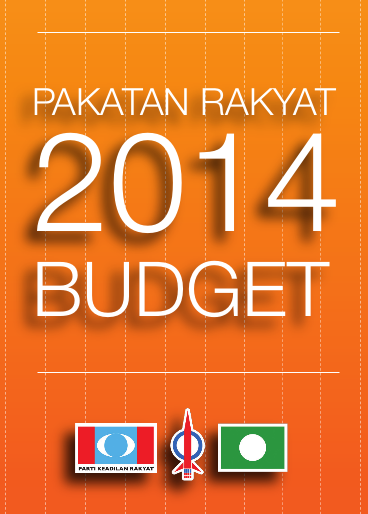Is YTL the best supplier for the MOE’s multi-billion ringgit E-Learning project?
I refer to the article “Kamalanathan: YTLC equipped for 1BestariNet project” in yesterday’s edition of The Edge Financial Daily. In an interview with the daily, Deputy Education Minister P Kamalanathan was quoted as saying that YTL Communications Sdn Bhd, a subsidiary of YTL Power International Bhd, is “well equipped to undertake the 1BestariNet and Chromebook (laptop) supply projects” because they offer more “cost advantage” and “value-add” for the project.
In the interview, Kamalanathan also goes on to question, “why would we ask two or three people to do the job when we can have only one person to do it?”
It is very unfortunate that the Deputy Minister appears to have missed the forest for the trees. I am not against the best supplier winning the job, but my contention is whether the supplier who won is indeed the best available option considering the scale of the project and the billions of public funds involved. Therefore, I once again raise the question of cost-efficiency as well as public interest.
Are YTL’s Chromebooks the most cost-efficient?
In the referred article, the price of the Chromebooks is stated as RM1,255 per unit (although the Parliamentary reply I received from the Deputy Minister had stated RM1,200). The Ministry of Education has ordered 116,399 units, which will be housed in 2,839 “mobile labs” that will be constructed in 2,002 schools around the country.
At the same time, it is also explained that the mobile labs, which hosts 41 Chromebooks per lab, will cost RM86,000 in total (or RM86,700 according to Deputy Finance Minister Datuk Ahmad Maslan’s Parliamentary reply). Now, if each Chromebook costs RM1,255 per unit, then the cost of 41 units amounts to RM51,455, which is less than the stated cost of RM86,000 per lab. Presumably, the balance RM34,545 is to pay for the cost of the other peripherals of the mobile lab, such as the “portable storage and charging trolleys equipped with WiFi”.
Hence, it means that the RM1,255 price tag is not inclusive of other peripherals but simply for the Chromebooks themselves. If that is the case, then it is a very high price to pay!
I have previously made a comparison of retail prices of Chromebook WiFis not only in Malaysia but also around the world, as per below:
| Country | Cost | Model |
| Malaysia | RM988 | Samsung Wi-Fi |
| United States/Canada | RM633 | Acer C7 Wi-Fi |
| RM792 | Samsung Wi-Fi | |
| Australia | RM952 | Acer C7 Wi-Fi |
| RM1,111 | Samsung Wi-Fi | |
| United Kingdom | RM943 | Acer C7 Wi-Fi |
| RM1,085 | Samsung Wi-Fi |
Table 1: Prices of Chromebook WiFi worldwide
As can be observed, not a single Chromebook WiFi model comes close to the RM1,255 price that the Ministry has bought them for. In fact, one would expect that the Ministry would have been able to purchase the Chromebooks for, at the very least, less than the Malaysian retail price, considering the huge volume of quantity involved. Yet, the Government appears to be paying a premium.
Is the 1BestariNet project a way for YTL to fund their expansion?
The entire project entails not only the Chromebooks, but also a Virtual Learning Environment (VLE) platform as well as high-speed broadband Internet service in each school. The Internet portion of the project is called 1BestariNet, and is valued at RM663 million for a 2.5 year contract beginning January 2012.
In order to provide Internet, YTL will undertake the construction of infrastructure located on school grounds, as revealed by Kamalanathan who said that YTL will “erect its own transmission towers and build mobile labs as part of the contract.” As at 31 May 2013, 1,503 transmission towers or customer premises equipment (CPE) have been completed.
Here is where the project becomes highly questionable. YTL, which is an Internet Service Provider through their YES 4G product, will in essence be installing transmission towers in schools all over the country. This will effectively allow them to use these towers to expand their YES 4G broadband services for additional commercial gain. This fact was conceded by YTL director Yeoh Seok Hong in a report by fz.com on 10 May 2013, where he was quoted as saying that the “towers going up at the schools won't just provide wireless Internet connectivity at the school, but in surrounding areas too.”
If that is the case, then there is an obvious case of conflict of interest, whereby taxpayers and public schools are effectively funding the commercial expansion of YTL’s YES 4G network in the name of promoting E-Learning.
Therefore, not only is the price of YTL’s Chromebooks questionable, but the entire 1BestariNet project appears to be serving corporate interests at the expense of the public good. To answer the Deputy Minister’s question: it is perfectly fine for one person to do the job provided that one person is offering the best deal in the public interest, something which does not appear to be the case here.
